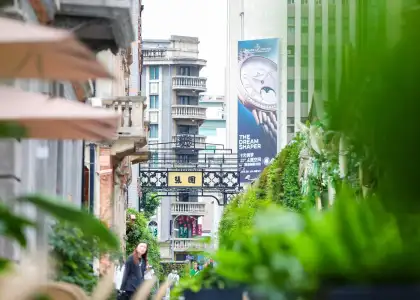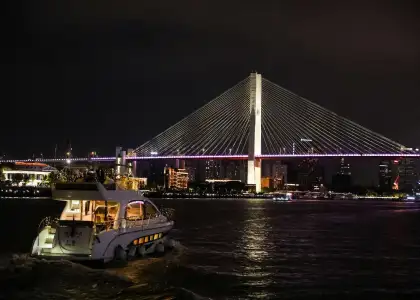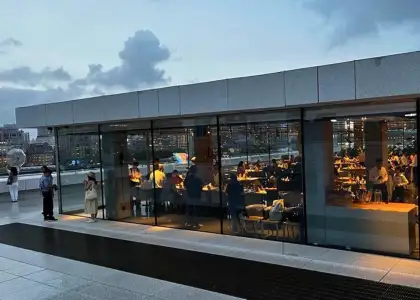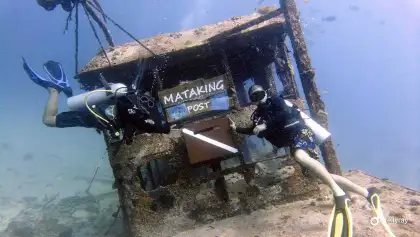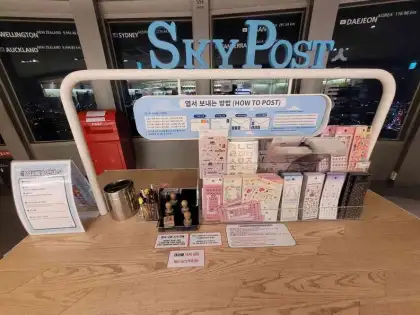Essential Tips For Staying Safe From Civil Unrest While Traveling

Traveling is an enriching experience but in today’s world, political upheaval is not uncommon and may pose concerns to your plans. Civil unrest safety has increasingly become a concern as we never know when unexpected situations may arise. Understanding how to stay safe and prepared during such events is essential to every traveler.
Civil unrest or disorder such as riots, protests, or strikes can disrupt local services, transportation, and safety. But like any journey, preparation is key, and we’re here to give travelers some practical tips to help navigate these situations confidently, minimize risk, and make informed decisions all the while respecting local cultures and laws.
What to Do Before
Planning ahead is the key to securing a safe journey. Although you might be thinking, most forms of civil unrest come out of the blue like the recent declaration of Martial Law in South Korea by President Yoon Suk Yeol on Dec. 3, 2024, which gave way to protests and strikes in the country's capital. Conducting thorough research and staying aware of your destination's ongoing political climate are important to better preparing you to handle unexpected situations.
Stay Informed and in Contact
Keep abreast of current news and turbulent topics surrounding your destination. It’s important to be updated on what’s happening. If an emergency martial law has been declared, for example, learn about what it means, such as what measures are being implemented and restricted.
In this day and age, news and information can easily be acquired through social media. Follow local and national news sources to stay updated. One tip is to research protest groups and follow them online as they usually publicize their demonstrations, which in turn gives you a clue on where not to be.
Before leaving your home country, it’s important to know the address and contact details of your country’s embassy in the place you’re traveling to. Follow their social media handles and request regular updates should you be located somewhere volatile.
Also, learn about the emergency hotlines available at your destination, from local police to medical assistance, and have them saved on your phone for easier access
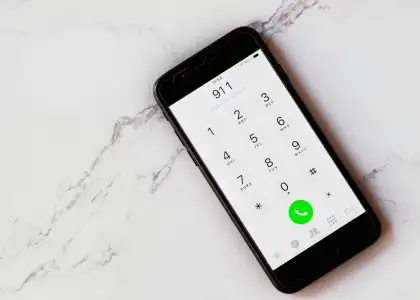
Practice “Just-in-Case” Mentality
Being in a foreign country can be daunting, especially in times of emergencies. Those extra snacks from a convenience store may save your life should you be stuck for a longer period.
Find time to learn the evacuation routes at your hotel, and pack extra toiletries, medications, and other necessities. Even if you can’t anticipate every single possibility, being prepared for some of them can go a long way.
Check Your Travel Insurance Policy
Travel insurance is an essential aspect of trip planning and one you should never forget or put on the back burner. Before buying insurance, make sure to check your government travel warnings and health advice as there might not be travel insurance coverage for locations with a government travel ban. Read the fine print and review the claims process.
A good tip is to also look for travel insurance policies with 24/7 emergency assistance services as this hotline could save you should you get sick, need to return home early, or lose your passport. Knowing that you can call someone who can help at any time gives you peace of mind through your travels and can be useful should you encounter emergencies.
Make a Habit of EDC
EDC stands for “Everyday Carry” or the things you usually have on you—whether that’s in your pockets or everyday bag—along with your phone, wallet, or house keys. Some things to consider adding to your EDC are:
- Cash (smaller bills)
- A face mask – to protect your mouth and nose in case of tear gas and smoke.
- A police scanner app (on your phone)
Self-defense items like pepper spray or small blades can also be added but be mindful about bringing these as they could be illegal in the country you’re traveling to. Be sure to check both your local and destination's travel policies prior to packing such an item.
What to Do During
If you happen to find yourself in the middle of the rabble, here are some safety measures to guarantee your security during a civil disorder.
Find a Safe Place
In any situation that can cause harm, it’s only natural to avoid places where dangerous situations can occur. Secure accommodation away from the epicenter of the conflict and stay informed about curfews and restrictions in your area. Also, advise your home country's embassy of your whereabouts.
As much as possible, avoid going out. Should you need to leave at some point, try not to go alone and consult a map for alternative routes. Avoid any places where the police force is in action or mass demonstrations may occur.
Some Accommodation Safety Tips:
If you hear explosions or gunfire, stay away from windows. Draw your curtains to prevent shards of broken glass from entering and lock all doors. The safest place in your lodgings is to move inside the room to the farthest point away from any openings.
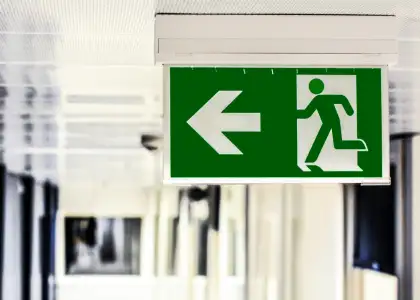
Follow the Law
When traveling to any country, it’s important to familiarize yourself with their local rules and regulations. For example, in some countries, it’s illegal to photograph or film protests as it is considered subversive activity. It may also be illegal for foreigners to participate in these demonstrations.
If a curfew has been implemented, make sure to respect it, as well as any rules put in place by the government.
Keep Your Passport with You at All Times
Throughout your stay, it’s important to always carry identification. Your passport is the only acceptable form of identification for international travel so it’s important to keep it with you at all times.
If you're ever detained by law enforcement, call your country's embassy and travel insurance provider. If you’re unable to make a call, ask a friend or bystander to call for you.
Blend in with the Locals
If you happen to get caught up in the crowd, keep calm, stay clear of glass windows like shop fronts, stay on your feet, and move with the flow. Try your best to blend in enough to work your way to the edge of the crowd and then leave.
Running is one of the worst things you can do as it will only draw attention to yourself. Try not to be identified as one of the protesters by keeping a distance from agitators.
Some Protection Tips:
Peaceful protests don’t always remain peaceful and if you happen to get caught up in the chaos, it’s important not to be identified as an offender. The most dangerous place to be is the frontlines caught up in crossfire between protesters and authorities.
If you’re swept up along the crush, make space for yourself by grasping your wrists and bracing your elbows away from your sides. Then, bend over slightly to give yourself some breathing room.
If you’re pushed to the ground, roll yourself into a ball and cover your head until the crowd passes. In the situation that there’s gunfire, drop flat to the ground and cover your head and neck.

If you are inside a vehicle, never drive through a crowd. If you find yourself going in the direction where the commotion is most likely to occur, re-route and drive away calmly. If that’s not possible, park, leave the car, and take shelter someplace else like a side street or a nearby building. You may also opt to stay inside the car, lock the doors, and turn off the engine. Keep your seatbelts off, however, should you need to make a quick escape if things go awry.
It’s important to keep in mind that your safety is your responsibility. Don’t assume that law enforcers will be of much help considering they already have their hands full. Just keep calm, stay alert, find your exit, and stay out of trouble.
What to Do After
The storm has passed, what now? Even though the worst part is over, it doesn’t mean that things will go back to normal right away.
If you’re in an unsafe environment, seek shelter in a secure location. Also, report your situation to family, friends, or associates to keep them updated on your whereabouts and condition.
If you’ve suffered injuries, seek medical assistance and make sure to report any incidents, loss, or damages to your property to the police. And if applicable, report and make an insurance claim.
Get the latest curated content with The Beat Asia's newsletters. Sign up now for a weekly dose of the best stories, events, and deals delivered straight to your inbox. Don't miss out! Click here to subscribe.









































